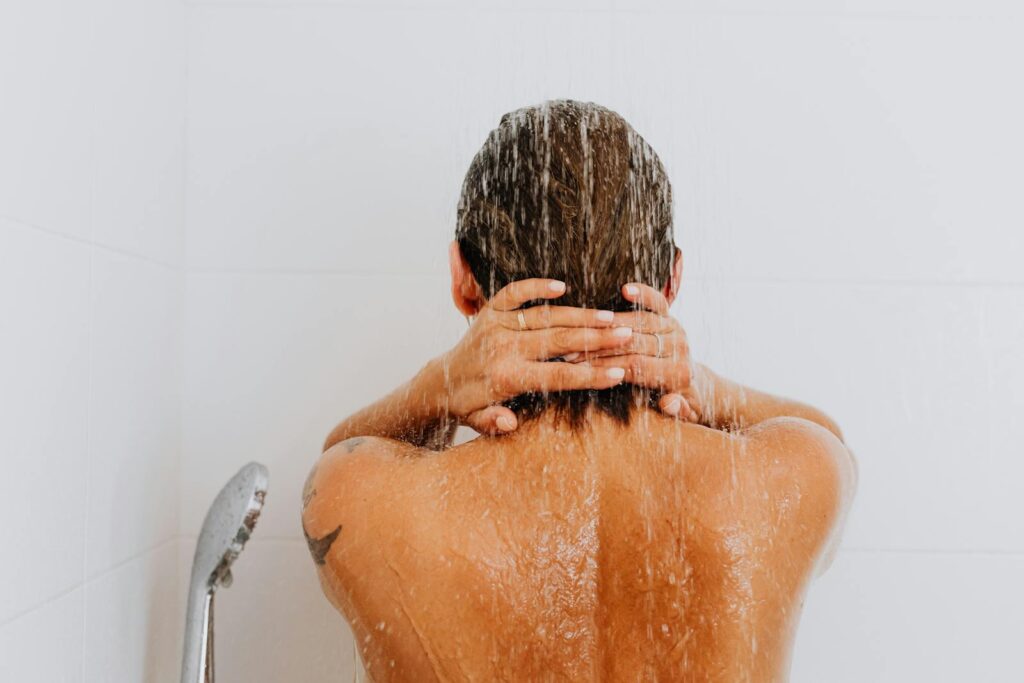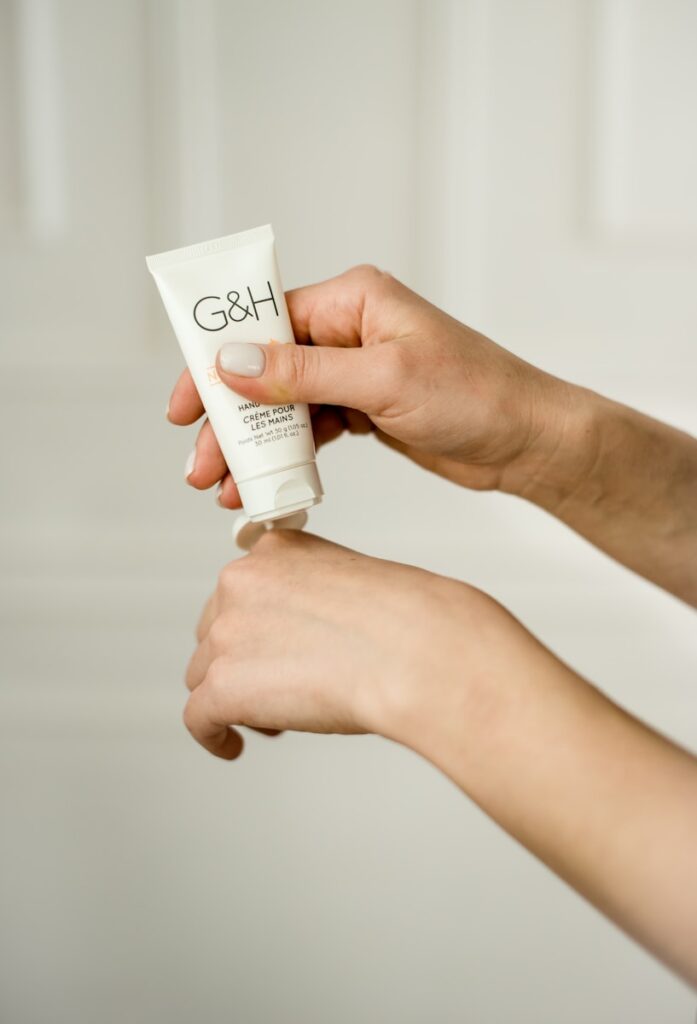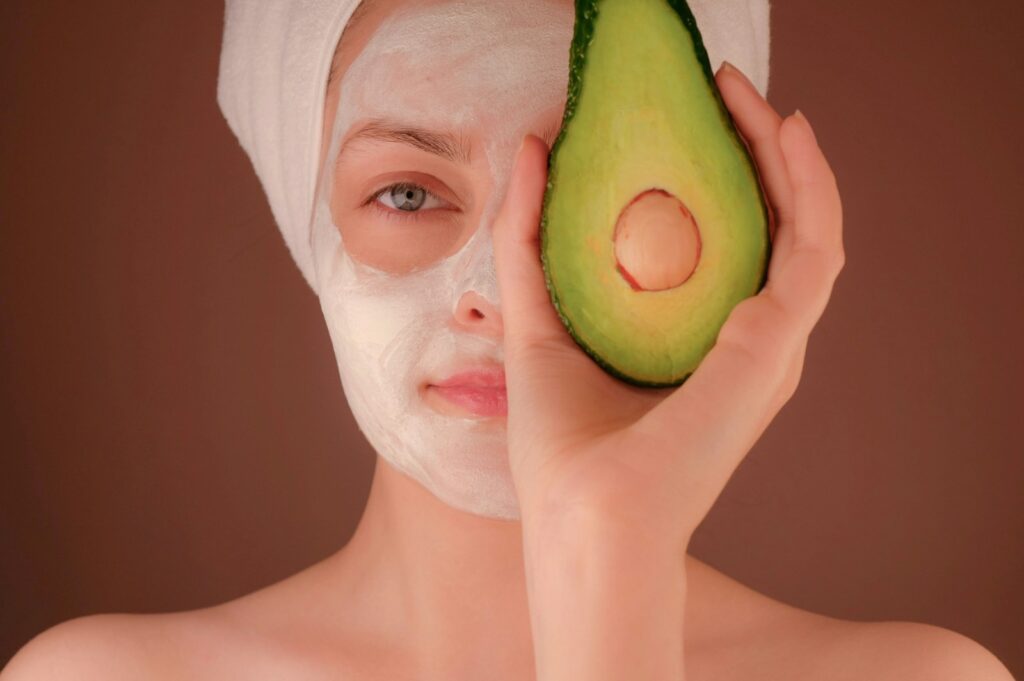This Post Contains Affiliate Links. Please Read Our Disclosure For Full Information.
Hey, self-care queen! 💖
Let’s talk about something we all do but rarely think twice about: showers.
I know, I know—it feels amazing to hop in, blast the hot water, lather up, and vibe to your favorite playlist. But here’s the tea: your shower habits might secretly be wrecking your skin, hair, and overall glow without you even realizing it. 😳

Before you lather up again, here are 12 shower mistakes you need to STOP making ASAP (and of course, I’ve got cute Amazon finds to help you glow from head to toe ✨).
1. ❌ Showering with Water That’s Too Hot 🔥🚿
We all love a steamy shower, but super hot water strips your skin’s natural oils, leaving you dry, itchy, and flaky. Not the vibe, babe.
✅ Go for warm (not scalding) water to keep your skin soft and glowy.
👉 Rain Shower Head for Spa Vibes at Home
2. ❌ Over-Cleansing Your Skin 🧼
Washing your body too much or using harsh soaps can strip away the good bacteria your skin needs to stay balanced.
✅ Choose gentle, moisturizing body washes and skip the twice-a-day showers unless you’re super sweaty.
👉 Gentle Body Wash for Sensitive Skin

3. ❌ Skipping the Moisturizer After Shower 🧴🚫
Girl, no. Moisturizing right after your shower locks in hydration and keeps your skin looking like glass.
If you wait too long? Dry skin, hello.
✅ Apply body lotion or oil within 5 minutes of towel drying.
👉 Hydrating Body Lotions for All-Day Glow
4. ❌ Using Old, Bacteria-Filled Loofahs 😬
That loofah you’ve had for months? Yeah… it’s basically a bacteria sponge.
Gross but true.
✅ Swap out loofahs or sponges every 3-4 weeks.
👉 Eco-Friendly Loofahs & Exfoliating Gloves
5. ❌ Washing Hair Every Single Day 🚫💇♀️
Daily shampooing dries out your scalp, causes frizz, and fades color. Your hair deserves better!
✅ Wash 2-3 times a week max (unless you’ve been sweating or swimming).
👉 Sulfate-Free Shampoo for Healthier Hair
6. ❌ Forgetting to Exfoliate 🚿✨
Dead skin? Clogged pores? Ashy vibes? Exfoliation solves it all. But don’t overdo it!
✅ 1-2 times per week is perfect for silky soft skin.
👉 Gentle Body Scrub for Smooth Skin

7. ❌ Not Washing Your Towel Enough 🦠
Dirty towels = bacteria, breakouts, and funky smells. No thanks.
✅ Wash your bath towel every 3-4 uses to keep things fresh.
👉 Plush Quick-Dry Towels for Luxe Vibes
8. ❌ Applying Conditioner All Over Your Head 💆♀️🚫
Conditioner on your roots = oily hair faster.
✅ Apply conditioner from mid-length to ends only.
👉 Deep Conditioning Hair Masks
9. ❌ Using Bar Soap on Your Face 🚫🙅♀️
Your face is not your armpit, okay? Bar soap can throw off your skin’s pH and dry it out.
✅ Use a gentle face cleanser always.
👉 Derm-Approved Facial Cleansers

10. ❌ Rinsing Hair with Hot Water 🚿🔥
Hot water opens the hair cuticle = frizz, dryness, and dullness.
✅ Finish with cool water rinse for shiny, healthy locks.
👉 Salon-Quality Hair Serums for Shine
11. ❌ Not Cleaning Shower Tools 🚿🧽
Razors, brushes, and pumice stones—when’s the last time you cleaned them? Bacteria builds fast.
✅ Disinfect tools once a week at least.
👉 Cute Bathroom Organizer for Clean Tools
12. ❌ Staying in Too Long (Sorry, Shower Addicts) 🛁⏰
Long showers dry out your skin and waste water. Sad but true.
✅ 5-10 mins is the sweet spot for glowy skin and saving the planet.
👉 Shower Timers to Keep You on Track
Final Splash 💖
Your shower routine should leave you glowing, refreshed, and radiant—not dried out, itchy, or oily.
By ditching these common mistakes, you’ll literally step out of every shower looking AND feeling like that girl.
Stay fresh & fabulous,
xoxo, Serenity Talks 💕
We are giving it for free to our users
Get 7 Free Digital Planner
The Bundle Includes -
Daily Planner, Weekly Planner, Monthly Planner, Self Care Planner, Daily Reflection, Goal and Habit Tracker, Gratitude Journal and Budget Tracker

